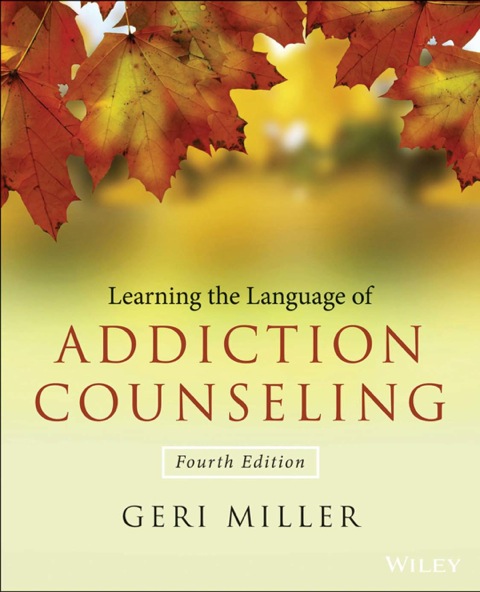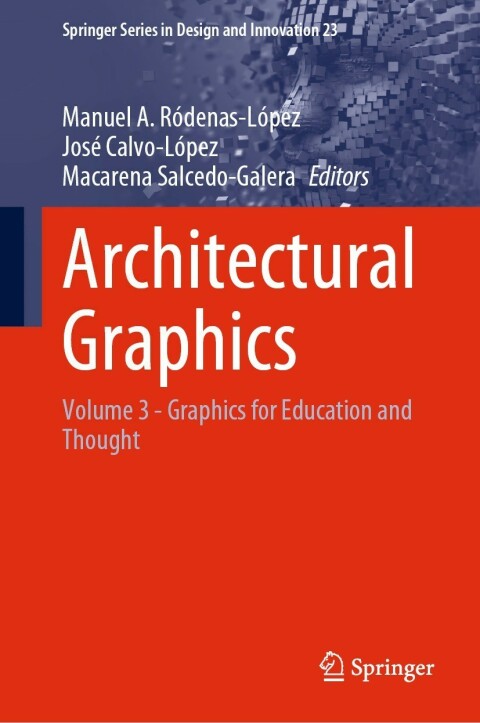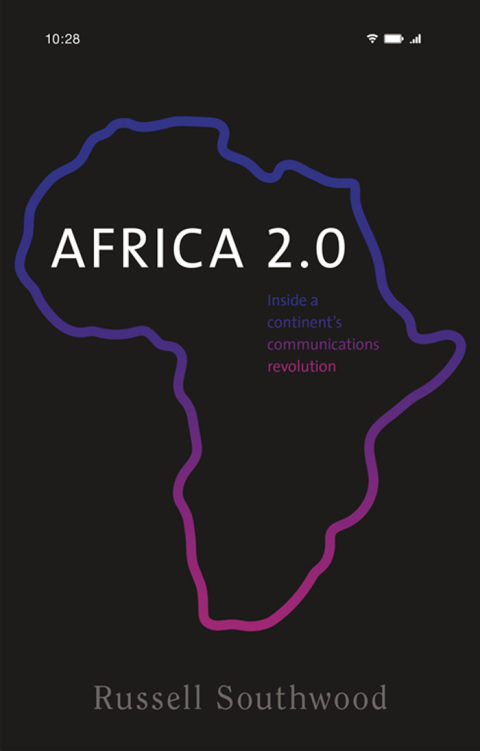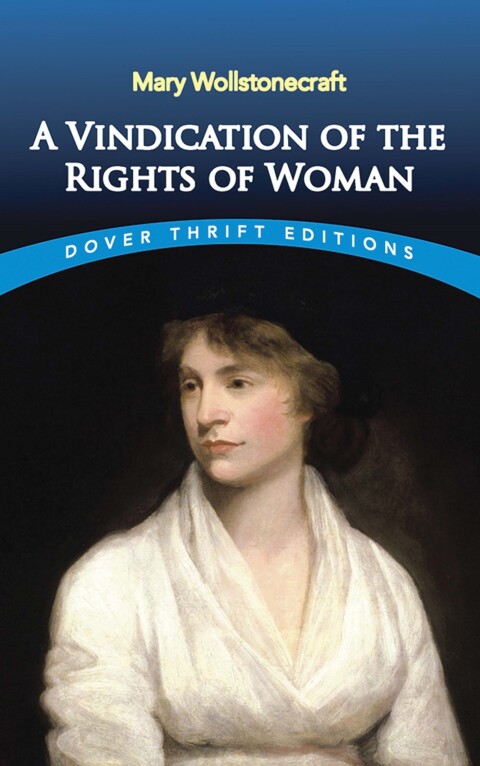Description
Efnisyfirlit
- Contents
- Preface
- Acknowledgments
- Chapter 1: Introduction
- Personal Reflections
- Addiction Counseling Influences
- Disease Model Approach
- Addiction Research Approach
- Managed Care Approach
- Models of Addiction
- Moral Model
- Psychological Models
- Sociocultural Models
- Medical Model
- Biopsychosocial Model
- Chapter 2: Theories of Counseling Applied to Addiction Treatment
- Personal Reflections
- Development of a Theoretical Framework for Addiction Counseling
- Dangers in Developing a Theoretical Framework and Recommendations
- Theoretical Choice for Case Presentations
- General Counseling Theories Applied to Addiction Treatment
- Psychoanalytic/Adlerian
- Adlerian
- Existential/Person-Centered/Gestalt
- Control Theory/Reality Therapy
- Behavior Therapy
- Cognitive-Behavior Therapy
- Stages-of-Change Transtheoretical Model
- Chapter 3: Assessment and Diagnosis of Addiction
- Personal Reflections
- Interviews
- Interviewing Clients
- DWI/DUI/OWI/OUI Assessments
- Interviewing Significant Others
- Behavioral Observations
- Physiological Instruments
- Psychometric Instruments
- Broad Screening Instruments
- Broad Screening Instruments (Adults)
- Broad Screening Instruments (Adolescents)
- Broad Screening Instruments (Elderly)
- Specific Screening Instruments (Adults)
- Specific Screening Instruments (Adolescents)
- Diagnosis
- Stages of Change
- Chapter 4: Co-Occurring Disorders and Behavioral Addictions
- Personal Reflections
- Co-Occurring Disorders
- Collaboration Between the Mental Health and Substance Abuse Fields
- Assessment
- Treatment
- Types of Co-Occurring Disorders: Diagnostic Topics Listed in the DSM-5
- Behavioral Addictions
- Chapter 5: The Core Treatment Process for Addictions
- Personal Reflections
- Philosophical Approaches
- Harm Reduction
- Recovery Movement/Recovery Model
- Crisis Intervention
- Short-Term Counseling
- Common Addiction Recovery Crises
- Suicidal Tendencies
- Homicidal Tendencies
- Individual Therapy
- Genuine Counseling
- Treatment Plans
- Group Therapy
- Setup and Maintenance of a Group
- Specific Addiction Group Issues
- Stages of Group Development
- Leader Skills at Developmental Group Stages
- Group Leader Techniques
- Family Therapy
- Types of Addictive Families/Developmental Stages
- Basic Concepts of Addiction Family Counseling
- Techniques
- Codependency
- Children of Alcoholics
- Recovery Process
- Chapter 6: Treatment-Related Issues and Counseling Approaches
- Personal Reflections
- Sexual Issues
- Rape
- Counseling Approaches
- Sexual Abuse
- HIV/AIDS
- History and Development of the Disease
- Classification
- Transmission
- Ramifications
- Counseling Approaches
- Intimate Partner Violence
- Diagnosis/Assessment
- Counseling Approaches
- Related Issues
- Homelessness
- Counseling Approaches
- Specific Counseling Approaches
- Dialectical Behavior Therapy (DBT)
- Seeking Safety
- Grief Counseling
- Drug Court
- Chapter 7: Relapse Prevention
- Personal Reflections
- Counselor Approaches
- Facilitation of Discussion
- Enabling Behavior
- View of Relapse
- Creation of a Trustworthy Atmosphere
- Relapse-Prevention Models
- Gorski’s Center for Applied Sciences Model
- Marlatt and Gordon’s Relapse- Prevention Model
- Counseling Techniques
- Marlatt and Gordon’s Relapse- Prevention Model
- Ten Most Common Dangers
- TIPS for Coping with Stressful Situations
- HALT
- Case Studies of Special Populations
- Co-Occurring Disorders
- Chapter 8: Self-Help Groups
- Personal Reflections
- Suggestions for Counselors
- 12-Step Groups
- Alcoholics Anonymous
- Narcotics Anonymous
- Cocaine Anonymous
- Marijuana Anonymous
- Crystal Meth Anonymous
- Heroin Anonymous
- Types of Meetings
- Medallions
- Use in Counseling
- Strengths
- Limitations
- 12-Step Alternative Groups
- Women for Sobriety
- 16 Steps
- Rational Recovery
- Secular Organizations for Sobriety
- Self-Management and Recovery Training (SMART Recovery®)
- Matching Self-Help Groups to Meet Client Needs
- Questions to Ask
- Assessing a Group’s Personality
- Guidelines for Healthy and Unhealthy Groups
- Questions to Ask
- Guidelines for a Healthy/Unhealthy Sponsor/Mentor
- Special Issues
- Small-Town Concerns
- Anonymity
- Appendix 8A: Stories of Recovery
- Appendix 8B: Emotional Sobriety
- Chapter 9: Elaboration on Specific Therapies and Techniques Relevant to Addiction Counseling
- Personal Reflections
- Client Resilience
- Positive Psychology
- Stages-of-Change Model
- Motivational Interviewing
- Brief Therapy
- Evidence-Based Practices (EBPs)
- Chapter 10: Culturally Sensitive Addiction Counseling
- Personal Reflections
- Defining Multicultural
- Social-Environmental Aspects
- Poverty
- Isms and Prejudice
- Acculturation
- Normative Behavior
- American History of Cultural Diversity
- Breakdown of Communication
- Multicultural Competence/Multicultural Orientation
- Dialogue
- General Counseling Suggestions
- Assessment, Treatment, and Aftercare Issues
- Gender
- Race/Ethnicity
- Sexual Orientation (Gay, Lesbian, Bisexual, and Transgender [GLBT])
- Disability
- Age
- Overall Substance Use/Abuse Exploration Multicultural Exercises
- Chapter 11: Chronic Pain Assessment and Treatment
- Personal Reflections
- Definition of Pain
- Issues of Living Sober with Chronic Pain
- Assessment and Treatment
- Cultural Influences
- Assessment
- Substance Abuse Treatment Approaches and Techniques
- General Strategies
- Relapse-Prevention Strategies
- Specific Treatment Techniques
- Guidelines for Pain Medication Use in Recovery
- Self-Help Group Support
- Chapter 12: Incorporating Spirituality Into Addiction Counseling
- Personal Reflections
- The History of Incorporating Spirituality into Addiction Counseling
- Incorporation Barriers and Bridges
- Counselor Barriers
- Client Barriers
- Bridges
- Spiritual Identity Development
- Counseling Resources and Techniques
- Self-Help Group Resources
- Techniques
- Chapter 13: Personal and Professional Development of the Counselor
- Personal Reflections
- Ethical Issues
- Confidentiality
- Dual Relationships
- Crossover Area Between Legal and Ethical Concerns
- Testifying in Court
- Working in Difficult Systems
- Wounded Healer Theoretical Framework
- Recognition of Problems: Leaving versus Staying
- Working with Addicts
- Examination of Own Use History
- Knowledge of Own Limitations
- Danger Spots (Addicted Counselors)
- Danger Spots (Nonaddicted Counselors)
- Same Support
- Self-Care
- Guidelines to Realistic Self-Care
- Importance of Commitment to Self-Care
- Chapter 14: Obtaining Addiction Professional Credentials
- Personal Reflections
- Self-Care on the Journey
- Gathering Information
- Personal Reactions
- General Suggestions
- Supervision
- Credentialing
- Written Exam
- 12 Core Functions
- Case Presentation
- Appendix 14A: Sample Supervision Documentation
- References
- Author Index
- Subject Index
- End User License Agreement





